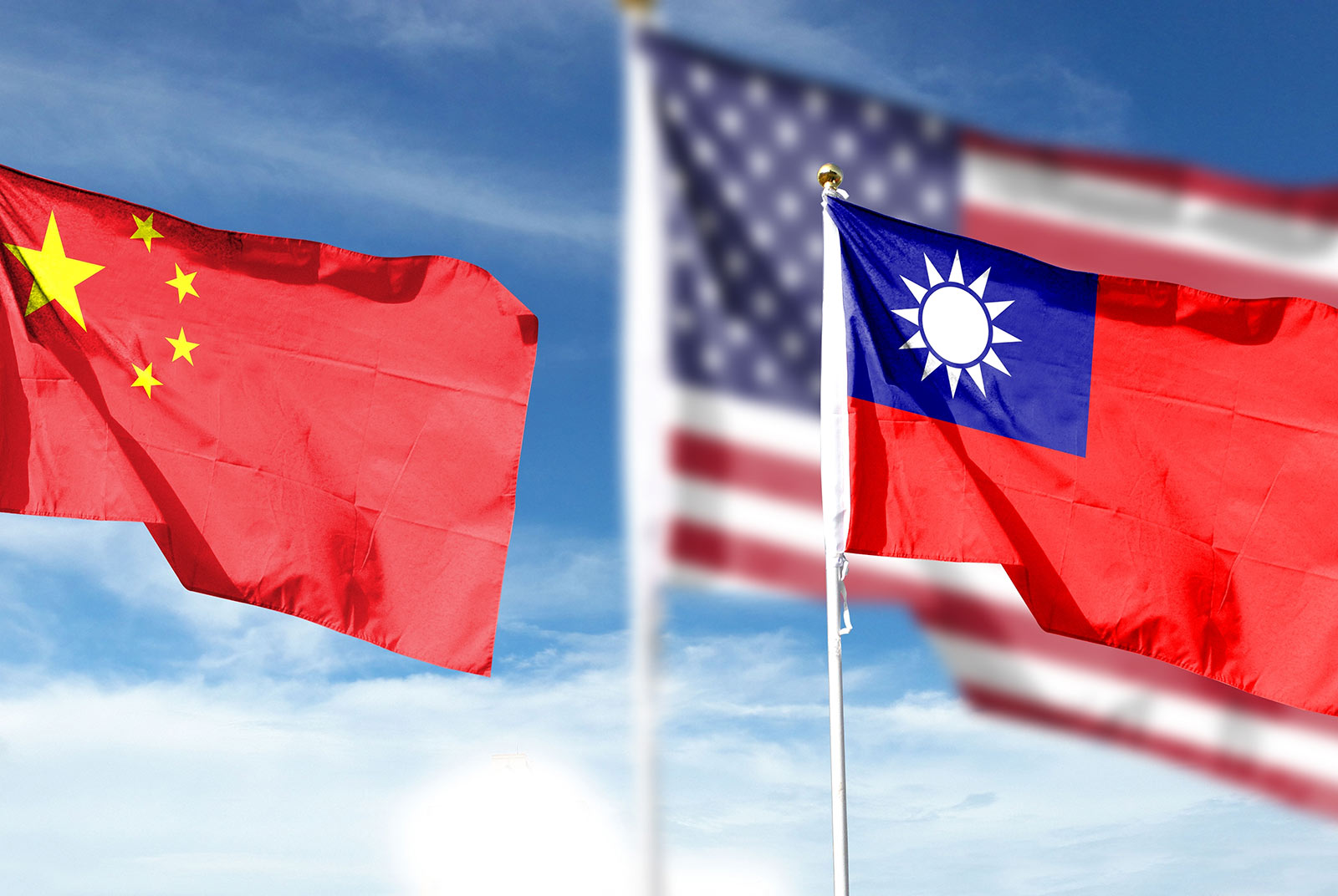The link between Taiwan and your morning coffee

Source:shutterstock
From semiconductors to microchips in your coffee machine, Taiwan plays an important role in the development of the global economy. In this op-ed, Margaret Myers, the director of the Inter-American Dialogue shares her perspectives on the potential cost for the globe if China invades Taiwan.
Views
The link between Taiwan and your morning coffee
By Margaret Myersweb only
Though top of mind for many U.S. military planners, China’s intentions in the Taiwan Strait are not a major topic of discussion in much of Latin America.
This makes sense, given the possible role that the U.S. military would play in the event of a cross-Taiwan Strait contingency. Latin American militaries, by contrast, are highly unlikely to factor in cross-Strait military scenarios, even though the Latin American and Caribbean region is relative diplomatic stronghold for Taiwan.
But the implications of a Chinese invasion, or even blockade, of Taiwan extend far beyond the military realm. A Taiwan scenario, especially if protracted, would have expansive effects on global supply chains.
Taiwan is currently responsible for producing well over half of the world’s semiconductors and most of its advanced microchips. These feature in nearly every automated thing, including cars, phones, automated mining equipment, and even coffee machines.
As the U.S.-based Rhodium Group has noted, disruptions in semiconductor production would have major impacts on corporate revenues, of course, but also on the global economy, which could face trillions of dollars in second-order impacts.
Chinese military operations against Taiwan would also profoundly impact Chinese manufacturing and global trade. This would be at least partially driven, as Rhodium also suggests, by a decline in trade finance and a weakening of China’s currency, limiting the country’s imports from the rest of the world.
Unfortunately, a Taiwan scenario isn’t so far-fetched. China has been planning for a Taiwan operation for decades, building up forces and equipment intended to execute a blockade and/or an amphibious assault on Taiwan, and to carry out military strikes against any U.S. forces coming to Taiwan’s aid.
Many of China’s capabilities were on full display during then-Speaker of the United States House of Representatives Nancy Pelosi’s visit to Taiwan in August 2022. During the trip, China demonstrated land, air, and sea-based proficiency, while also launching missiles over Taiwan for the very first time.
Even though China is resolute in its goals vis-à-vis Taiwan, Chinese use of military force isn’t a certainty. The very threat of Chinese military action might be enough to ensure Taiwan’s capitulation. Russia’s prolonged war in Ukraine has been instructive for Beijing’s military planners, certainly, but also for Taiwan’s population. It is hard to say whether Taiwanese civilians are willing to endure the degree of suffering withstood by Ukrainian citizens over the past year.
Unfortunately, even if China prefers a peaceful resolution, the Taiwan problem is on something of a timeline, with unification expected by 2049, when China, according to President Xi Jinping, will lead the world “in terms of composite national strength and international influence.”
Additionally, the prospect for miscommunication and miscalculation between the United States and China is higher now than ever. And continued economic decoupling will further weaken the security environment, unraveling the sorts of shared economic interests that might otherwise deter military conflict.
With all of this in mind, the Latin American region would be well-advised to plan for worst case scenarios in both cross-Strait and U.S.-China relations, as well as the massive economic disruptions that would ensue.
Fortunately, some countries in the region have a potential, critical role to play in diversifying the sorts of Asia-centered supply chains that would be most impacted by a devolving cross-Strait dynamic. But progress toward this end will need to happen soon than later.
This piece was originally published by Diario Financiero, in Santiago de Chile, on Tuesday, March 8th, 2023.
(This piece reflects the author's opinion, and does not represent the opinion of CommonWealth Magazine.)
About the Author

Margaret Myers is the director of the Asia & Latin America Program at the Inter-American Dialogue.
Have you read?
- Taiwan Defense Minister: China won't take Taiwan in a fortnight
- Video report: Taiwan's most wanted talents
- Video report: Is Taiwan’s Air Force ready to meet China’s threat?
Uploaded by Ian Huang






